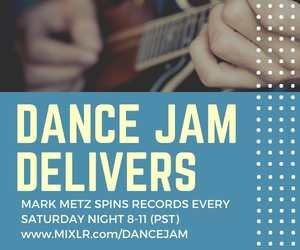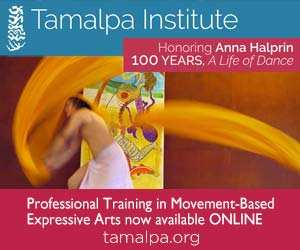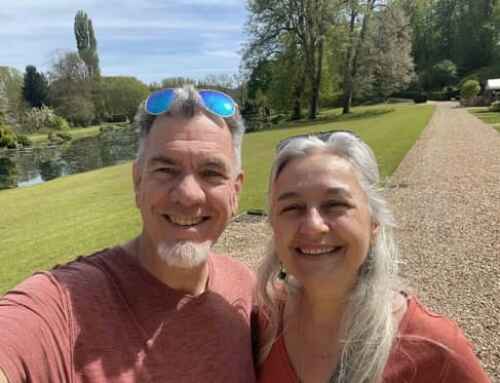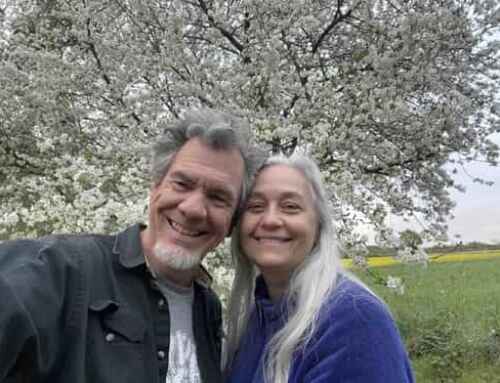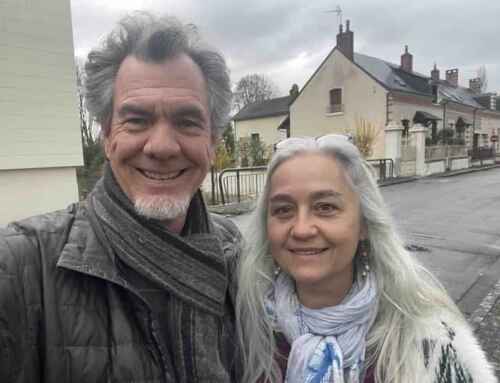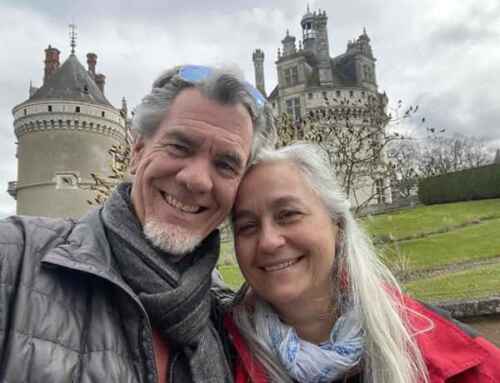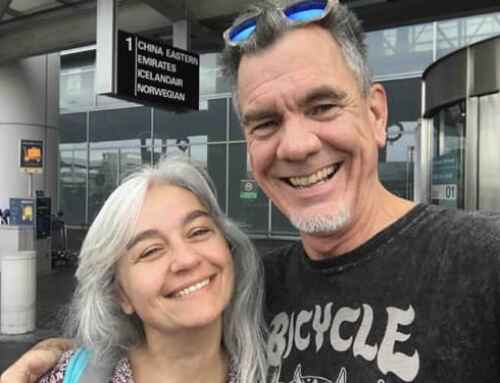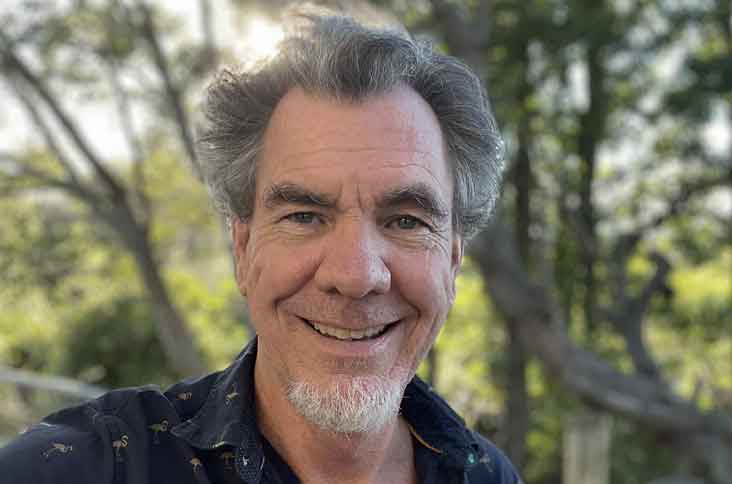
“ So many books, so little time.”
~ Frank Zappa
I’ll bet you like to think of yourself as intelligent, right? Well, sure, I would imagine that everyone does. So let’s break that word down a little bit, what does intelligence really mean?
To begin with, in our linear left-brain-oriented Western way of thinking, we are all assigned a number early on. That being the quotient of your intelligence, more commonly known as your IQ. The idea that a certain standardized set of measurements can be applied early on to categorize us for life seems suspect, but here we are.
Then you’ve got the type of intelligence that is gained through experience, sometimes referred to as “street smarts” that are learned through attending what is commonly known as “The School of Hard Knocks.”
There’s intelligence gained by experience, insight received in a flash, and lessons pounded into your head. But when it comes to simply getting along well in the world, there’s a form of intelligence we often forget about.
Emotional Intelligence plays a huge role in regulating and moderating how we relate with our fellow humans. “Plays well with others” is much more than a marker of kindergarten progress, it’s an ideal to strive for in every facet of work, life, and pleasure.
There are probably tests for quantifying one’s EQ and assigning a number to it, but simply averaging out the quality of your close relationships will give you a general barometer of it. But measuring something that is basically ineffable is beside the point.
The real question is whether it’s something innate, like you’re born with it and that’s it, or if it can be built upon and improved and shaped up like a muscle or a skill. And if indeed one could improve in that department, then how would one go about it?
The answer can be found at your local library or bookseller. It turns out that folks who cultivate a habit of reading quality narrative fiction register consistently higher levels of emotional intelligence.
Not just any reading material, mind you. Text books, non-fiction, or even history doesn’t cut it. The authors of the study even discerned between bag-of-chips style reading material like low-effort romance novels or pulp science-fiction and what they defined as “narrative or literary fiction.”
In other words, meaty novels that require your empathy, emotional involvement, and self reflection to appreciate. But finding books like this doesn’t come easy for everyone. When it comes to music, most of us might have dozens or even hundreds of favorites.
Awe-inspiring authors, in my experience, are far fewer and further between. It takes some work to land upon ones that really resonate with you. You have to work your way through some duds or even give up partway through and move on.
Once a novelist clicks, you may find yourself wanting to read everything they’ve written. I’m this way with Tom Wolfe, Robertson Davies, or even Mark Twain.
Once you are well acquainted with a few novelists who can draw you into their “womb of language” (to borrow a phrase from living legend T.C. Boyle), a page or two a day will do you. I seldom find time to read fiction aside from bedtime, but that’s enough to keep some compelling storyline alive in my consciousness as a balance to my duties and dramas of the day.
Find time for a few pages a day and your head and heart will thank you. Read wide, read deep, read with love. And read on!
Much love and happy reading till next Monday!
M+
Mark Metz
Director of the Dance First Association
Publisher of Conscious Dancer Magazine
Want to be featured in our newsletter? Email

